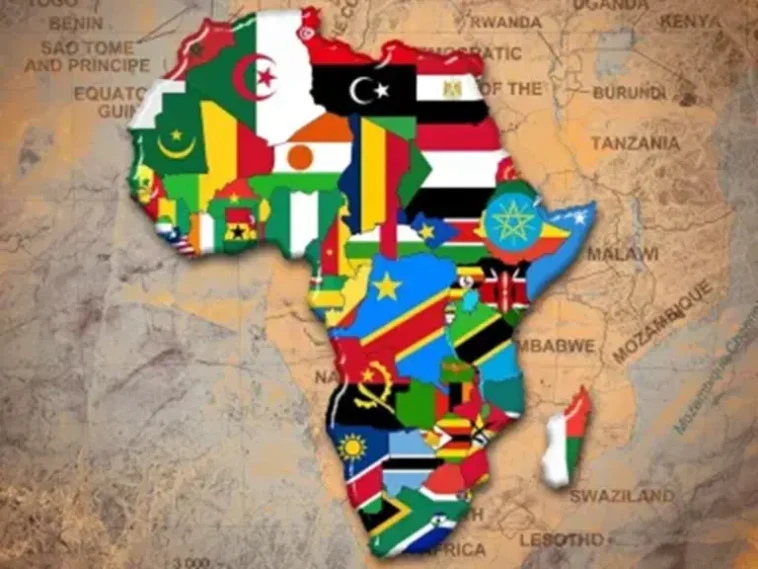A country’s name often reflects its history, culture, and the people who shaped its identity. While many nations derive their names from geographical features, native languages, or aspirations, some carry the legacy of individuals who left a profound mark on their history.
In Africa, five countries stand out for being named after people who have since passed away. These names often reveal fascinating stories about colonization, leadership, and the continent’s diverse heritage.
1. Eswatini – Honoring King Mswati II
The Kingdom of Eswatini, formerly known as Swaziland, takes its name from King Mswati II, who ruled from 1840 to 1868. Known as one of Eswatini’s greatest military leaders, King Mswati II expanded the kingdom’s territory to twice its current size.
His leadership and influence left such an indelible mark that the country chose to adopt his name as part of its identity when it reverted to its traditional name in 2018, discarding the colonial designation “Swaziland.”
2. Mauritius – Named After Prince Maurice of Nassau
Mauritius owes its name to Prince Maurice of Nassau, a 16th-century Dutch leader and Governor of Holland. In 1598, a Dutch squadron, following Admiral Wybrand Van Warwyck’s orders, landed at Grand Port and named the island “Mauritius” in honor of the prince.
This name has endured through centuries of colonization by the Dutch, French, and British, symbolizing the island’s layered colonial past.
3. Mozambique – Derived from Mussa Bin Bique
Mozambique’s name originates from Mussa Bin Bique (also spelled Mussa Ibn Malik), an Arab trader and influential figure in the region. Known as a shaykh or authority figure in Islamic tradition, Mussa Bin Bique’s legacy lived on through the Portuguese, who named the island Moçambique after him.
Over time, the name extended to encompass the entire nation, reflecting its early connections with Arab traders and its later colonial history under the Portuguese.
4. Seychelles – A Tribute to Viscount Jean Moreau de Séchelles
The Seychelles archipelago, initially called Mahé in honor of Mahé de la Bourdonnais, was later renamed after Viscount Jean Moreau de Séchelles, who served as Finance Minister under Louis XV of France.
The French influence in the region led to the adoption of the name “Isle de Séchelles,” later anglicized to “Seychelles.” While the largest island reverted to its original name, Mahé, the country as a whole retained the viscount’s name, commemorating his role in French colonial administration.
5. São Tomé and Príncipe – Named for Saint Thomas and Prince Afonso
This Central African nation’s name reflects its Portuguese colonial roots. São Tomé, meaning “Saint Thomas,” was named by Portuguese explorers who discovered the island on Saint Thomas’s feast day.
The island of Príncipe, meaning “Prince,” was named in honor of Prince Afonso of Portugal, a favored son of the Portuguese king. Together, the names symbolize the religious and monarchical influences that shaped the region’s history during the Age of Exploration.
Conclusion
These African countries bear the names of individuals who left an enduring impact on their history or were celebrated by colonial powers. From powerful African kings to European leaders and traders, the stories behind these names offer a glimpse into the complex histories of colonization, cultural exchange, and leadership.
Though these names commemorate individuals from the past, they continue to shape the identities and narratives of these nations today.


